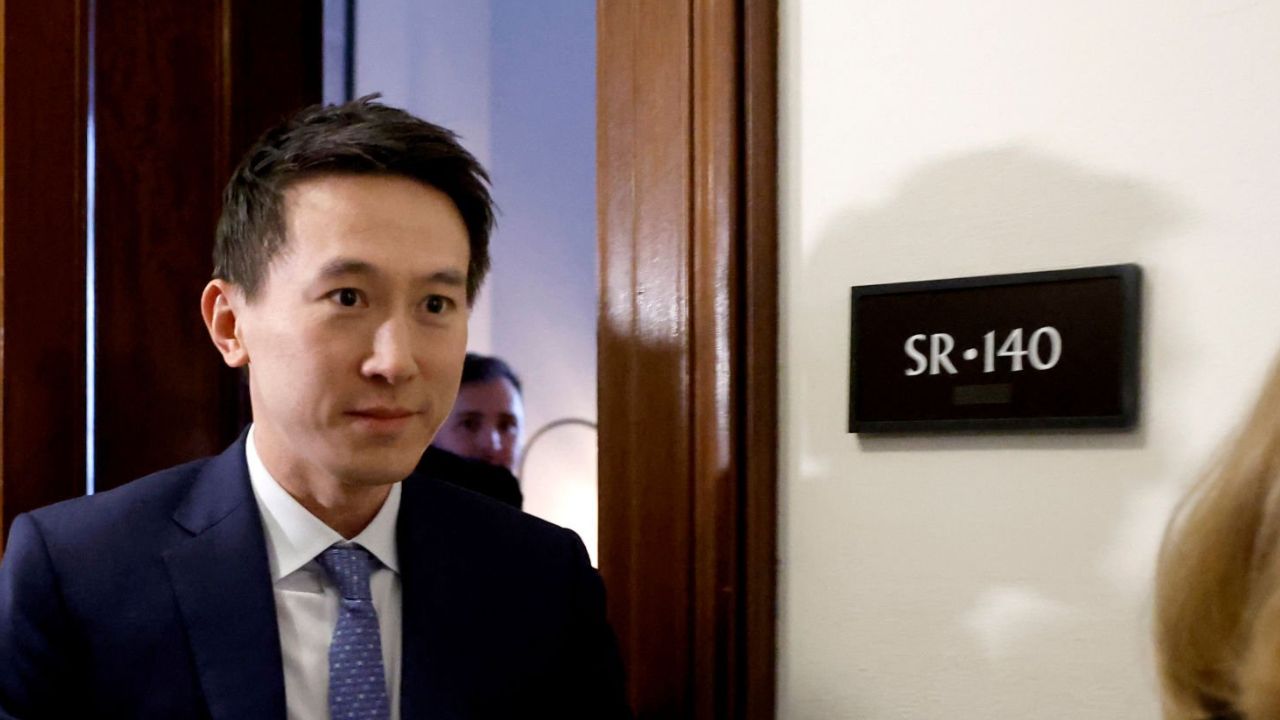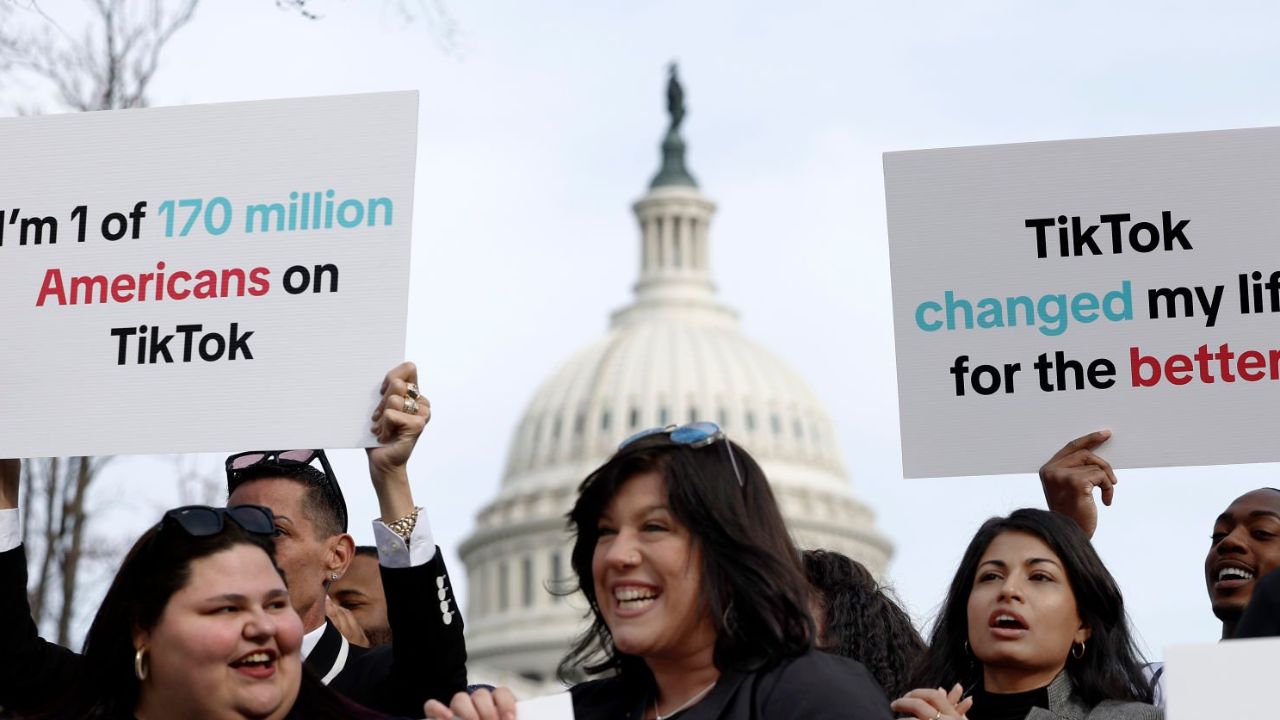TikTok has initiated a $2.1 million advertising campaign aimed directly at senators facing tough reelection battles this year, urging them to thwart the House bill that could potentially prohibit the app’s operations within the United States.
“Think about the 5 million small business owners that rely on TikTok to provide for their families,” emphasizes one purported TikTok user in the advertisement. “To see all of that disappear would be so sad,” echoes another apparent user.
The company has strategically secured television ad space in the pivotal battleground states of Nevada, Montana, Wisconsin, Pennsylvania, and Ohio, as per previously undisclosed data from AdImpact.
These five states are represented by vulnerable Senate Democrats, each vying for another six-year term in office.
Additional states slated to witness the new TikTok ads include New York, Massachusetts, and Minnesota, according to the ad buy data.
Metropolitan hubs like New York City and Boston are crucial ad markets for engaging with young demographics and media personnel. Minnesota holds significance as the home state of Democratic Sen. Amy Klobuchar, a vocal critic of TikTok within Congress, who herself faces reelection this year.
The advertisements commenced airing on Wednesday, with the ad campaign scheduled to conclude either on April 14 or April 28, contingent on the airing locations, according to the data provided.
One of the newly released ads, obtained by CNBC, purportedly showcases TikTok users cautioning their target audiences about the substantial losses that would ensue if TikTok were to be banned.
“It’s gonna affect a lot of people’s livelihoods,” laments a visibly disheartened woman.
Legislative Route
Despite the exaggeration from TikTok, the legislation approved by the House doesn’t entail a complete ban. Instead, it mandates ByteDance, TikTok’s China-based parent company, to divest the app from its holdings within approximately six months of the bill’s enactment.

Failure by ByteDance to comply would result in TikTok being unavailable for download on the Apple App Store and Google Play Store, essentially leading to a gradual decline in usage among U.S. users.
However, despite clearing the House with a resounding vote of 352 to 65, the fate of the TikTok bill remains uncertain as it navigates through the Senate.
Senate Majority Leader Chuck Schumer, representing New York, recently stated that senators require time to “review the legislation” before establishing any potential timelines for its passage.
President Joe Biden has expressed his intention to sign the bill if it successfully passes the Senate. Intelligence community officials have recently provided senators with a classified briefing on TikTok.
After the briefing, Sen. Maria Cantwell, chair of the Commerce Committee and a Democrat from Washington state, suggested that her panel might need to convene a public hearing to discuss the bill.
Intense Lobbying Efforts
In response to the impending legislation, TikTok’s spokesperson stated that the ads serve as a means to highlight the potential adverse impact on small businesses if the bill is approved by the Senate.

“We believe it’s important for the general public to understand that the government’s actions could infringe upon the free speech rights of 170 million Americans and significantly harm 7 million small businesses across the nation,” elaborated a TikTok spokesperson.
The company disclosed that the advertising expenditure will exceed the initially reported $2.1 million, with a significant portion of the investment directed towards national and local television campaigns.
These advertisements mark TikTok’s latest endeavor to influence the ongoing Washington discourse regarding ByteDance’s ability to safeguard the personal data of U.S. TikTok users from the authoritarian Chinese government.
TikTok users have inundated congressional offices with calls urging members to oppose the proposed ban. The volume of these calls surged notably after TikTok encouraged its users via the app to petition lawmakers against the House bill.
Sen. Thom Tillis, representing North Carolina, shared a concerning voicemail received at his office regarding the potential TikTok ban. Tillis’ office confirmed receiving over 1,000 calls related to the app since the House passed its bill.